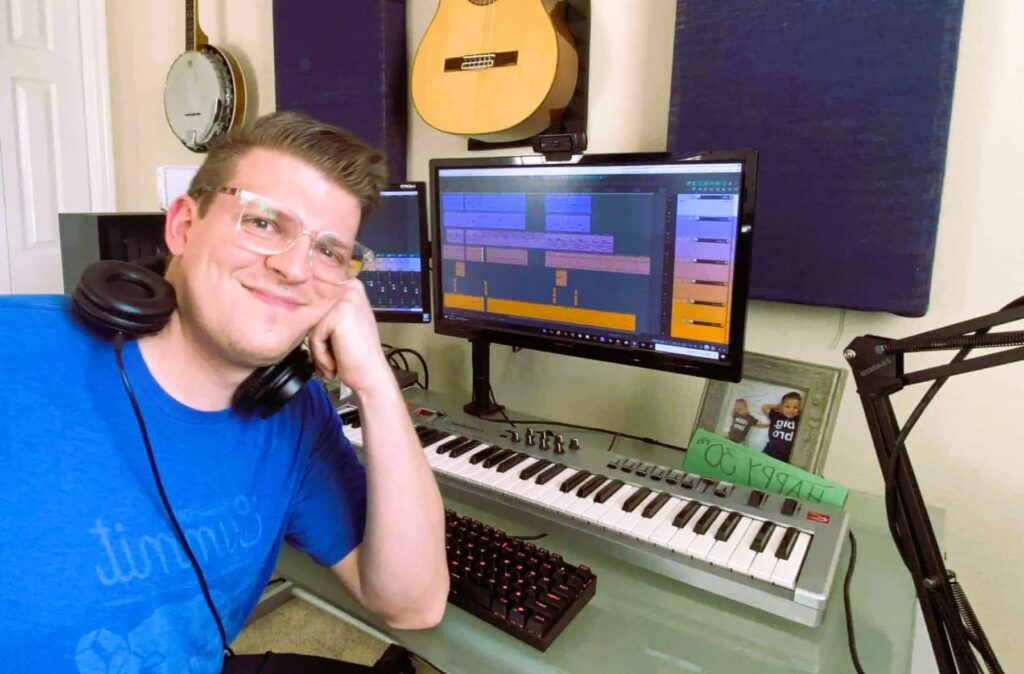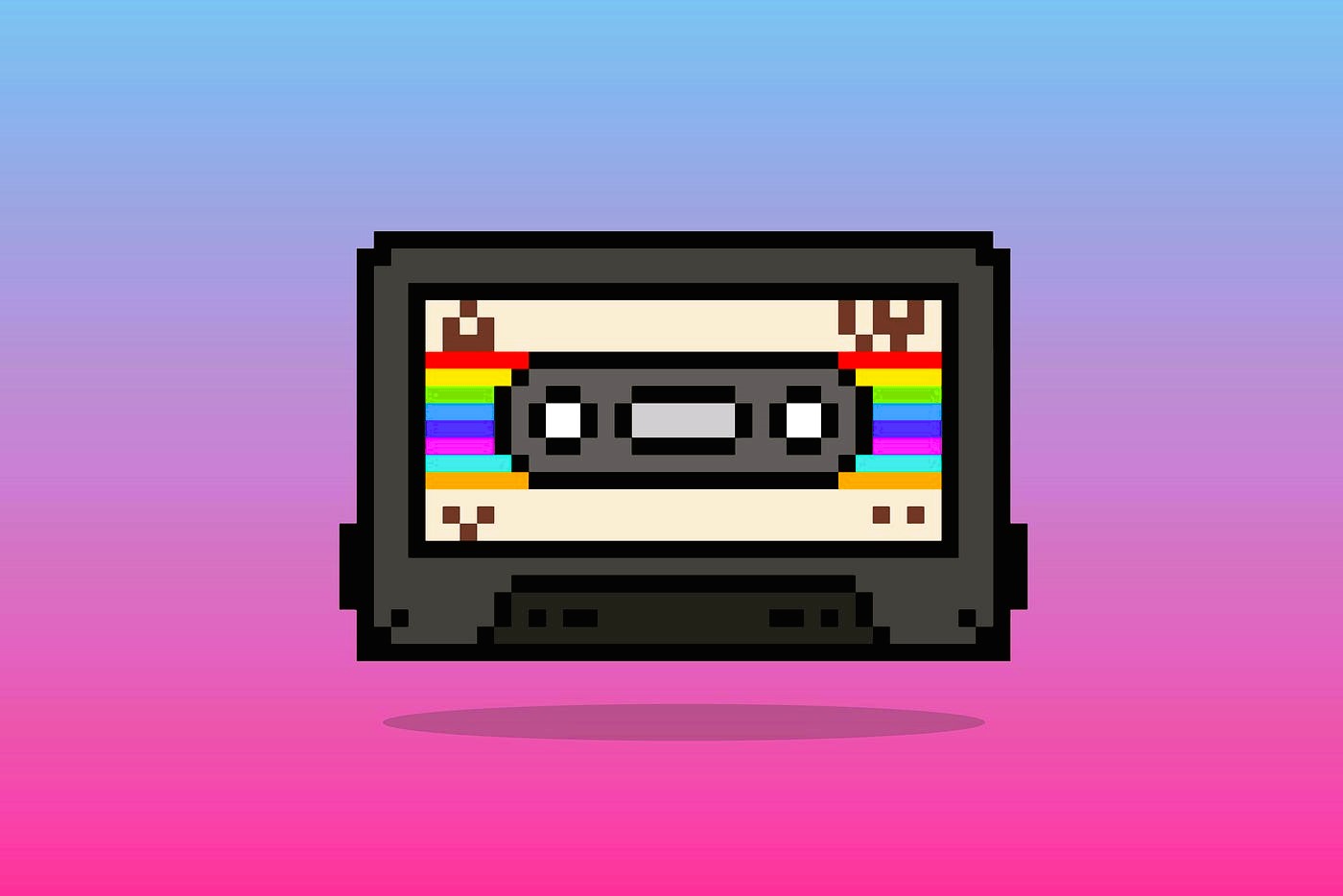Composing music for indie games is a unique and rewarding challenge that requires a blend of creativity, technical skill, and an understanding of the gaming experience. Unlike larger studios with extensive budgets and teams, indie game developers often operate with limited resources, making it essential for composers to adopt best practices that maximize their contributions while maintaining artistic integrity. This article will explore the best practices for composing music for indie games, from understanding the game’s narrative to the practical aspects of production.
Understanding the Game’s Narrative and Aesthetic
The first step in composing music for an indie game is to gain a deep understanding of its narrative and aesthetic. Every game tells a story, and the music should enhance that narrative, evoking the appropriate emotions and setting the tone. Here are some strategies to consider:
1. Collaborate with Developers
Engaging in open communication with game developers is crucial. Discussing their vision for the game, including character arcs, themes, and environments, will provide valuable insights into the music’s role. Attend meetings and brainstorming sessions to immerse yourself in the game’s world and gather inspiration from visual and narrative elements.
2. Analyze the Game’s Style
The visual and gameplay style will significantly influence the musical composition. Is the game a pixel art platformer, a dark narrative-driven RPG, or a whimsical adventure? Each style demands a different musical approach. For instance, an action-packed game may benefit from fast-paced, energetic compositions, while a slow-paced exploration game may require atmospheric soundscapes. Understanding these stylistic nuances will guide your creative process.
3. Create a Musical Palette
Before diving into composition, establish a musical palette that reflects the game’s themes and characters. This palette can include specific instruments, chord progressions, and motifs that resonate with the game’s identity. For example, a game set in a fantasy world may benefit from orchestral instruments, while a sci-fi setting might call for electronic sounds. Defining this palette early on will help maintain consistency throughout the soundtrack.
Crafting Memorable Themes and Motifs
Once you have a clear understanding of the game, the next step is to craft memorable themes and motifs. Themes are essential for character development and emotional resonance, and they can become iconic elements of the game.
1. Character Themes
Develop distinct musical themes for key characters to enhance their personalities and arcs. These themes can evolve throughout the game, reflecting character growth or emotional changes. For instance, a hero’s theme might start as simple and hopeful, gradually incorporating more complex harmonies as the character faces challenges.
2. Environmental Motifs
Consider creating musical motifs for different environments or settings within the game. These motifs can be variations of the main themes or entirely new compositions that capture the essence of each location. By doing this, you enhance the player’s immersion, as the music becomes a part of the world they explore.
3. Adaptive Music Techniques
Incorporating adaptive music techniques can significantly enhance the player’s experience. This approach allows the music to respond to in-game actions or events, creating a dynamic soundscape. For example, transitioning from calm background music to a more intense score during a battle scene can heighten the tension and engagement. Implementing interactive elements into your compositions can involve layering different tracks or creating variations based on player decisions.
Utilizing Technology and Tools
The technology and tools available for composing music have evolved significantly, offering indie composers more opportunities to create high-quality soundtracks.
1. Digital Audio Workstations (DAWs)
Using a DAW is essential for composing and producing music. Popular options like Ableton Live, FL Studio, and Logic Pro X provide a range of features for composing, arranging, and mixing. Familiarize yourself with the DAW’s capabilities and experiment with different workflows to find what works best for you.
2. Virtual Instruments and Sample Libraries
Indie composers often rely on virtual instruments and sample libraries to create realistic sounds without the need for live recordings. Libraries like Spitfire Audio, EastWest, and Native Instruments offer high-quality orchestral and electronic sounds that can elevate your compositions. Invest time in learning how to manipulate these tools effectively to achieve the desired sound. Like our article? Read also about the 10 best video game covers.
3. Sound Design
In addition to traditional music composition, consider incorporating sound design into your work. Creating unique sound effects and atmospheric sounds can enhance the overall audio experience of the game. Experiment with field recordings, synthesis, and effects processing to craft sounds that complement your music.
Balancing Creativity and Practicality

While creativity is paramount in composing music, practical considerations are equally important, especially in the indie game space.
1. Time Management
Indie game developers often operate on tight schedules, making time management crucial. Establish a clear timeline for your work, breaking down the composition process into manageable tasks. Set deadlines for each stage, including brainstorming, composing, arranging, and finalizing the music. This structured approach will help ensure that you meet the developers’ needs while maintaining high-quality output.
2. Budget Considerations
Understanding the budget constraints of indie developers is essential. Composing for indie games often means working with limited resources, so be prepared to adapt your approach. This might involve using sample libraries instead of hiring live musicians or finding creative ways to achieve the desired sound without incurring significant costs.
3. Feedback and Iteration
Embrace feedback from developers and playtesters. Early iterations of your compositions can benefit from constructive criticism, helping you refine your work to better fit the game’s vision. Be open to making changes, and iterate on your music to ensure it aligns with the gameplay experience.
The Importance of Marketing Your Music
Once the music is composed, it’s essential to market it effectively. Many indie developers overlook this aspect, but promoting the soundtrack can enhance the game’s visibility and appeal.
1. Release Strategy
Plan a release strategy for the soundtrack, including digital distribution platforms like Bandcamp, Spotify, and SoundCloud. Creating a cohesive marketing campaign can help generate buzz around the game and its music. Consider releasing teasers, behind-the-scenes videos, or live performance footage to engage with potential players and listeners.
2. Collaborate with Influencers
Partnering with influencers and content creators can help amplify the reach of your music. Share your compositions with YouTubers, streamers, and podcasters who focus on indie games. Their platforms can serve as valuable outlets for promoting both the game and its soundtrack.
3. Engage with the Community
Engaging with the gaming community through social media, forums, and events can help build a loyal following. Share your creative process, offer insights into your compositions, and interact with fans and players. This community-building effort can create lasting relationships and foster interest in your music and the game itself.
Conclusion
Composing music for indie games presents a unique opportunity for creativity and collaboration. By understanding the game’s narrative and aesthetic, crafting memorable themes, utilizing technology effectively, and balancing creativity with practicality, composers can create impactful soundtracks that enhance the gaming experience. The role of music in gaming continues to evolve, and indie composers play a vital role in shaping this landscape. By adopting these best practices, composers can contribute to the artistic integrity of indie games while establishing their presence in the industry.
For more insights on music composition in video games, check out the Wikipedia page on Video Game Music.


